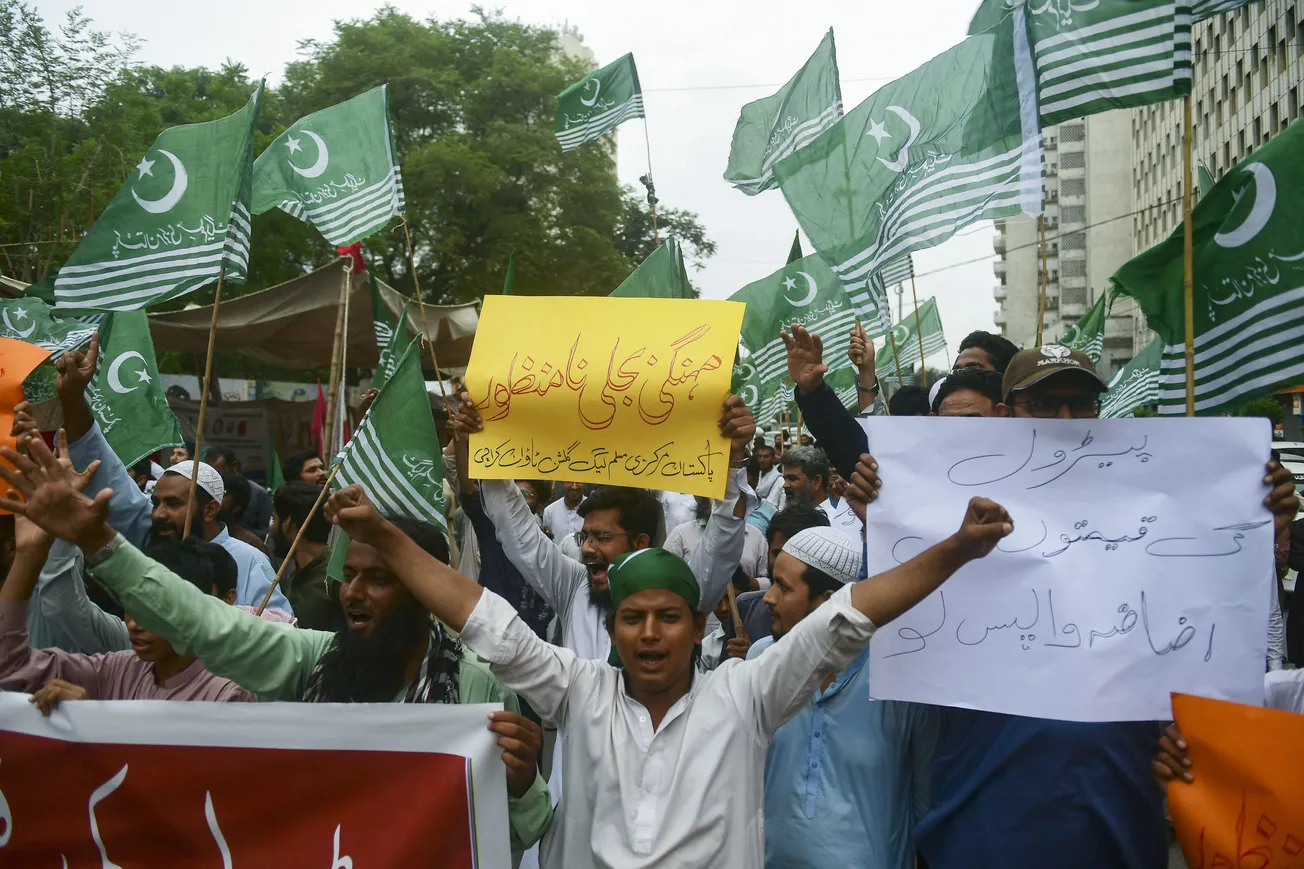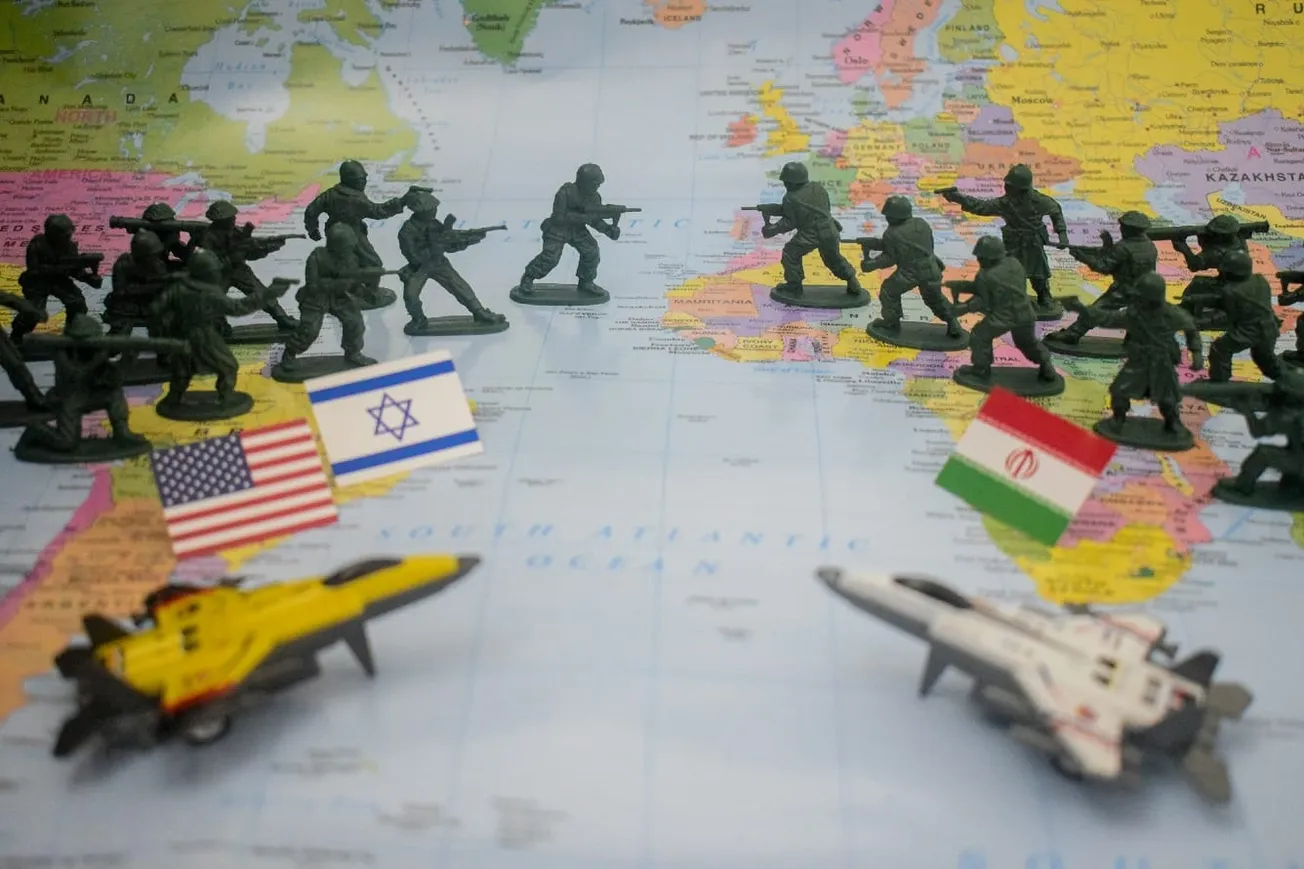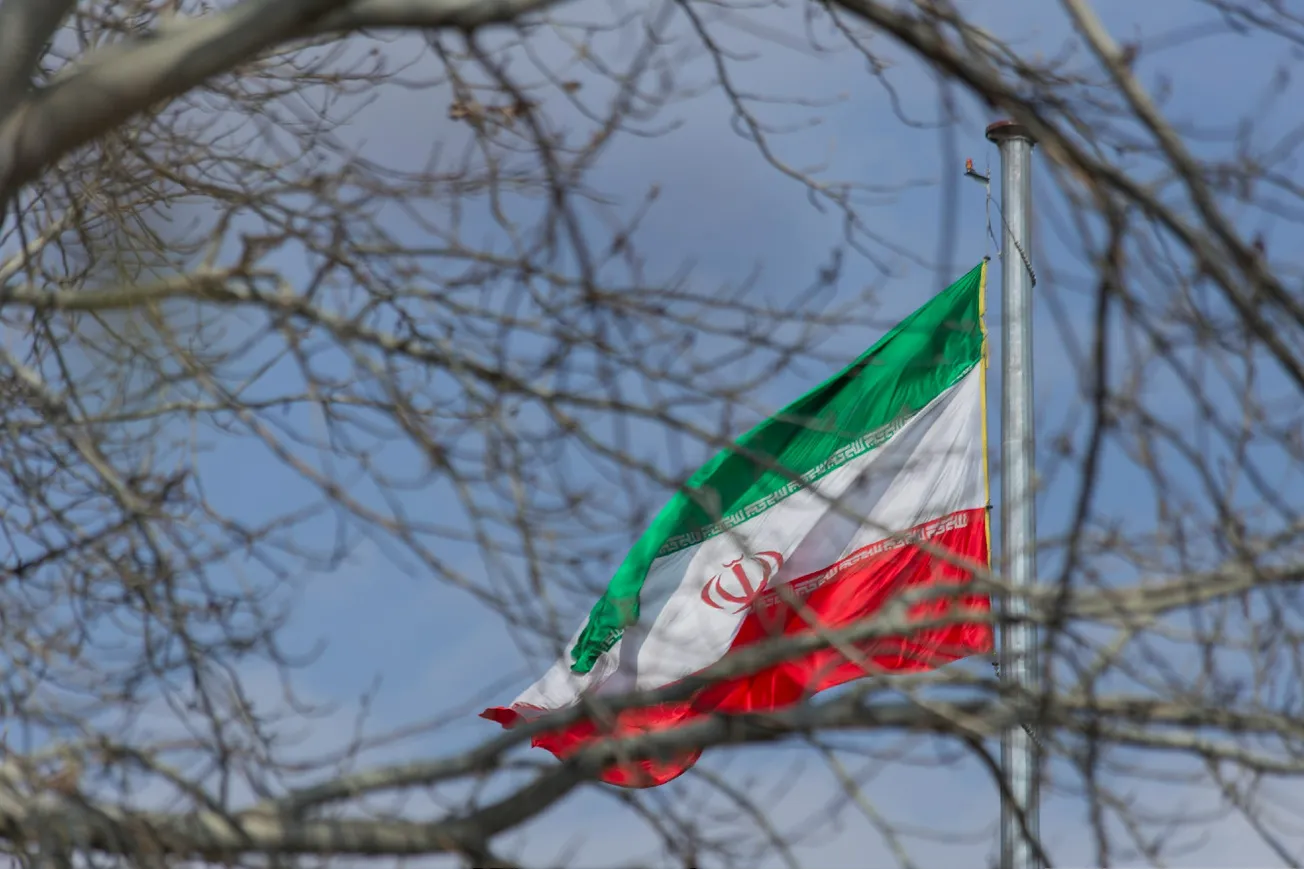The Chinese vice premier and special presidential envoy, He Lifeng, landed in Islamabad last Sunday to commemorate the tenth anniversary of the China-Pakistan Economic Corridor (CPEC). A flagship project of China's global Belt and Road Initiative, the infrastructure development collaboration is meant to upgrade Pakistan's land transport infrastructure, develop the strategically important deep-water Gwadar port, and put up power plants.
These billion-dollar collaborations have turned Beijing and Islamabad into what the Chinese foreign ministry called "all-weather strategic cooperative partners and iron-clad friends." While both countries report that "tangible contribution" has been made and projects are "flourishing," the ground reality is far from rosy.
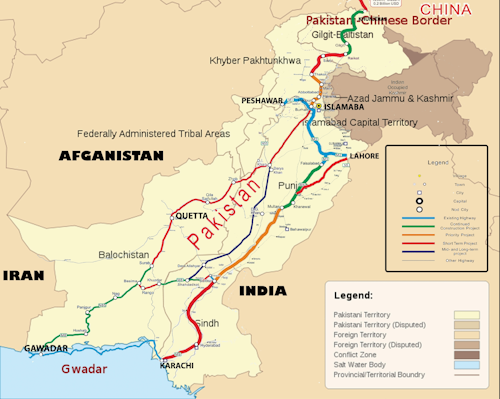
Critics cite project delays and non-starter industrial zones that were meant to boost the country's exports. With dwindling foreign exchange reserves, payments to Chinese power companies have also fallen behind to the tune of $1.26 billion (350 billion rupees).
And it's not just the mounting debt crisis. Pakistan is facing turmoil on multiple fronts. Islamabad's acute political, economic, and security woes have generated fears that it might become a failed state.
Economic Crisis
Decades of fiscal mismanagement, widespread corruption, and excessive spending on defense have led to a state of economic crisis. Greatly reliant on oil imports, the country has also been severely affected by the blockade of grain imports from Ukraine. With inflation running at highs not seen in half a century and mounting foreign debt, Pakistan is in dire straits.
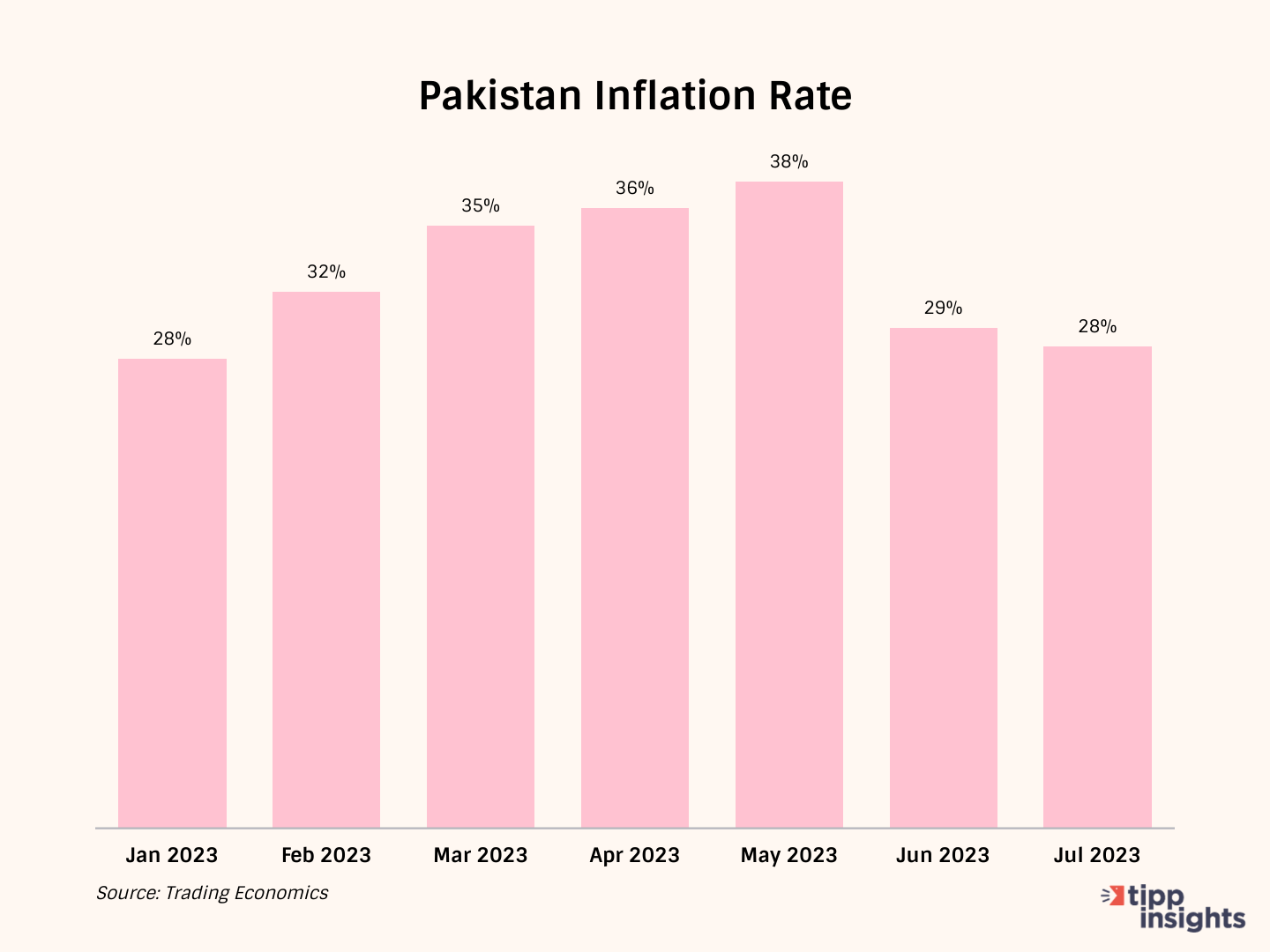
Allies have been stepping up to bail Islamabad out. Saudi Arabia has infused billions of dollars to shore up its cash reserves. The IMF has disbursed $1.2 billion of its $3 billion bailout package.
UAE has offered to construct a multipurpose cargo terminal for 85 percent control of a major quay at Karachi's port. The oldest and busiest port operations have already been outsourced to Abu Dhabi Port Group for 25 years. Similarly, Qatar is discussing taking over the operations of the country's three main airports. All these are desperate measures being pursued to keep the treasury ticking.
But, the huge figures pale when faced with Pakistan's debt mountain. According to some sources, Pakistan's external debt reached $126 billion in December 2022, 35 percent of its GDP. Islamabad will have to repay $75 billion in foreign debt from now till mid-2026.
The Chinese government and non-government bank loans account for nearly 30% of Islamabad's external debt, around $23 billion, according to the IMF's report for 2022. The massive jump in Chinese debt is attributed to CPEC projects and unfavorable terms. In late July, Beijing rescheduled over $2 billion debt for two years. Though this has brought some relief to Islamabad, the country is in dire straits.
Political Turmoil
Pakistan is a country often wracked by political upheavals. After the ousting of former Prime Minister Imran Khan last year, the political climate in the country is yet to settle down. His arrest in early May triggered violent protests across the country. The ruling coalition has decided to dissolve the government in early August and hold general elections. The military has a history of interfering in the country's politics and is believed to be the kingmaker behind the scenes. Despite being a democracy, the fate of elected governments has been choppy since the country was formed in 1947.
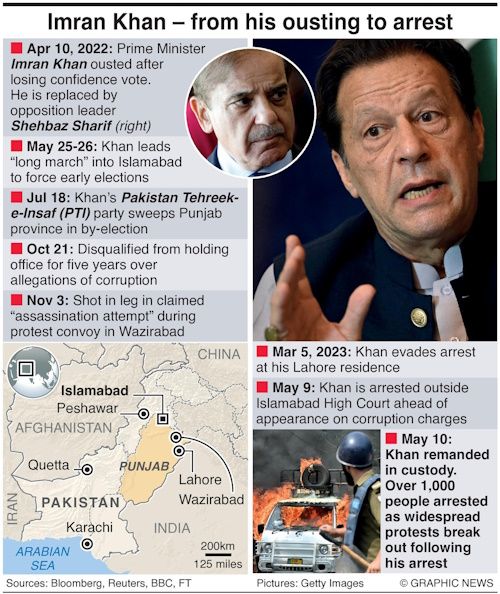
In the current political climate, the ruling coalition is expected to return to power as long as the military generals continue offering their blessings. With the former PM Imran Khan still enjoying considerable mass support, it is unlikely that the government will enjoy a significant majority in the parliament which could lead to another unstable term.
Security Threats
Even as allies offer bailouts and political parties claim the general elections will turn the tide, there is another major threat looming – extremist attacks.
Pakistan is facing the ripple effects of the Taliban takeover of Afghanistan. The country's border regions have been rocked by terror attacks perpetuated by Tehreek-e-Taliban Pakistan (Pakistan Taliban), the Islamic State-Khorasan (IS-K), and others. Scores have died, and hundreds have been injured in attacks targeted at places of worship and political rallies.
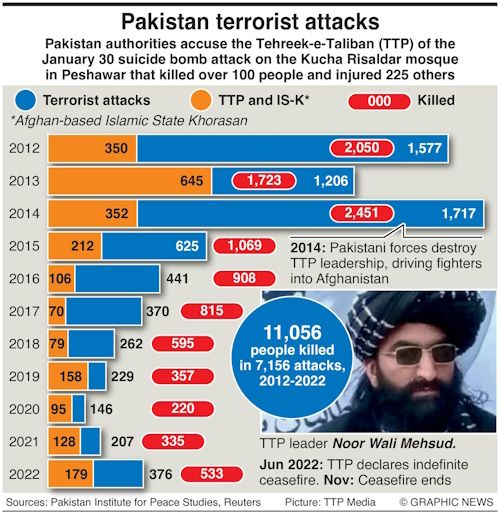
Islamabad's decades-long support of extremist terror groups is now threatening the country's peace. It is well known that Pakistan's government and military have supported the Islamist extremists providing both refuge and resources. In return, the establishment has used these organizations for geopolitical gains.
Facing economic and political headwinds, Islamabad can ill-afford to worsen the security situation in the country. Even benevolent lenders will expect a certain level of safety and security for their investments and personnel. With hawkish China and extremist Taliban in the picture, Pakistan should not be left to become another flashpoint.
Like our insights? Show your support by becoming a paid subscriber!

